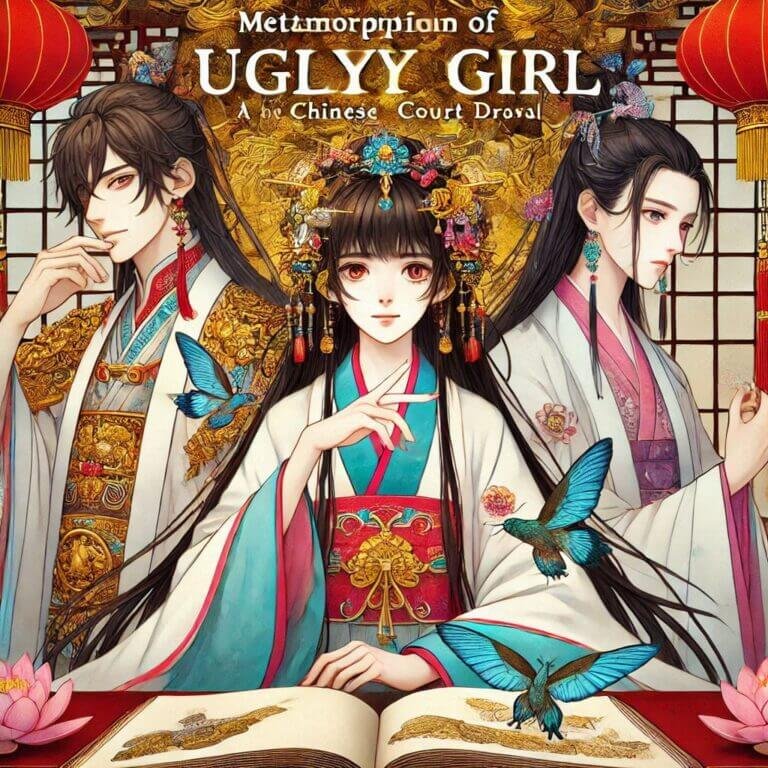He had been waiting for this moment. Fu Shen calculated that Yan Xiaohan would not kill him. As the knife’s edge changed direction, Fu Shen almost pressed against the knife’s back, instantly closing in and silently pressing a small hunting knife against Yan Xiaohan’s throat.
In the blink of an eye, the situation dramatically reversed.
“Lord Yan, I’m sorry,” Fu Shen panted in his ear, threatening, “I don’t want to trouble you.
Tell your men to release Xie Er, step back, and immediately descend the mountain.”
His grip was perfectly measured—enough to prevent Yan Xiaohan from speaking, but not enough to suffocate him. Anyone could guess who taught him this technique. Yan Xiaohan, a resourceful hero, recognized the situation and calmly signaled his subordinates to lower their weapons.
“Throw away your own knife too.”
Yan Xiaohan released his grip, and Fu Shen kicked the knife away.
Xie Qianfan, pale-faced and terrified from nearly dying moments ago, was released by the Flying Dragon Guard and timidly returned behind Yi Siming. Suddenly, Fu Shen called, “Xie Er.”
“Ah?”
Fu Shen said, “You provoked first by words, then shot and injured someone. Come and apologize to Lord Yan.”
Everyone was stunned.
Xie Qianfan, recovering from the shock, clenched his fists and turned red, shouting: “I won’t! What is he? A court dog! Why should I apologize to him!”
Yi Siming restrained Xie Qianfan, trying to mediate: “Fu Shen…”
“Will you apologize?” Fu Shen’s face darkened coldly. “If you keep causing a scene, I’ll release him right now. You can try me.”
Xie Er: “…”
Yan Xiaohan, being held hostage, almost couldn’t suppress his laughter.
Xie Qianfan glared, his eyes reddening, and suddenly burst into loud, wailing sobs: “I won’t, I won’t, I won’t! You’re all on his side!”
Don’t I mean anything to you?!”
Everyone: “…”
Yan Xiaohan heard Fu Shen sigh softly behind him.
“He’s just a child, spoiled rotten, not intentionally trying to offend you,” Fu Shen whispered, “I’ll apologize on his behalf. Holding you hostage was a last resort. I’m sorry.”
His voice still carried a youthful playfulness, but his demeanor and skills were remarkably composed like an adult.
Yan Xiaohan silently thought, you’re still a child too—

